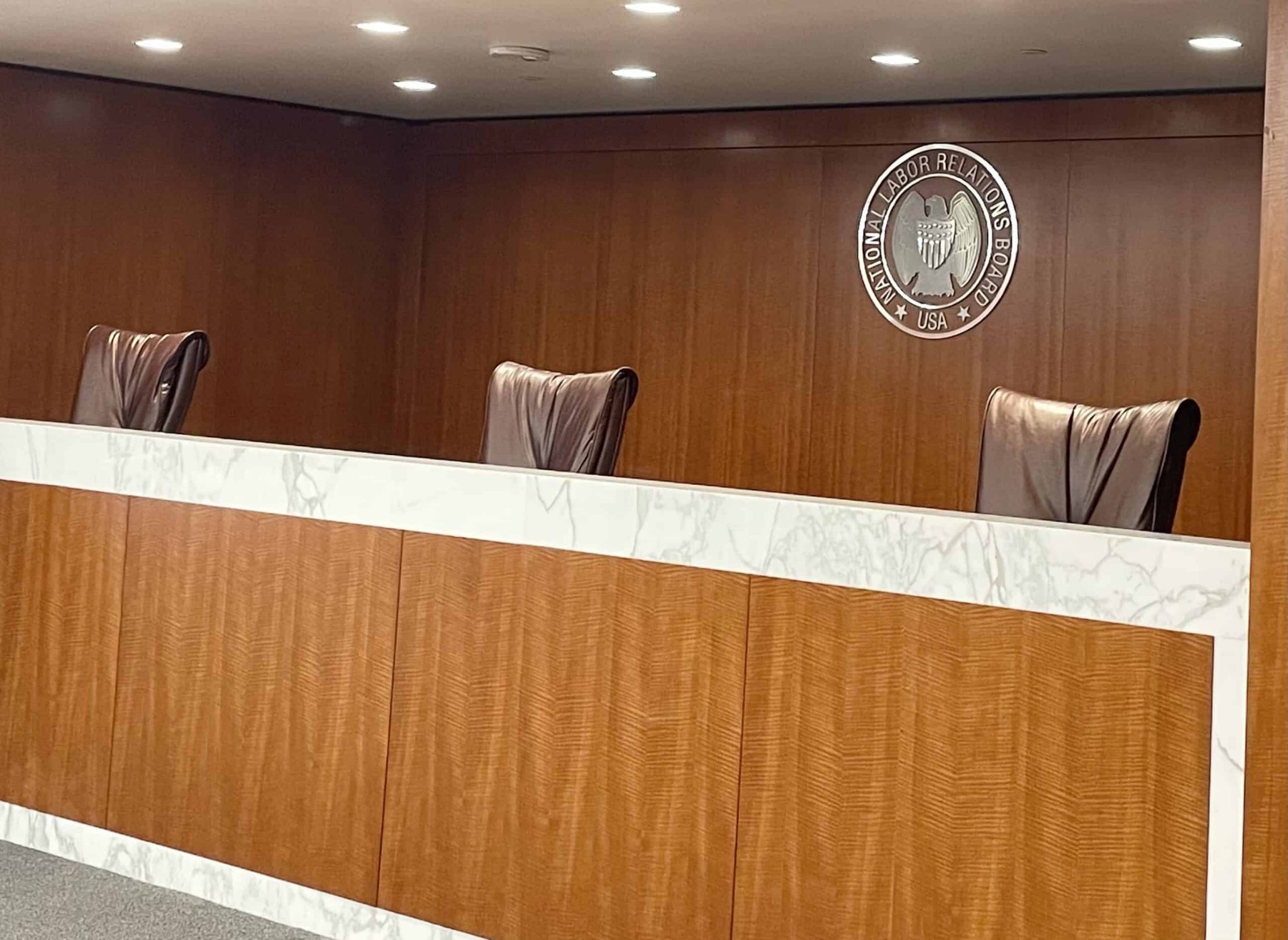
Henry Green is a student at Harvard Law School.
In today’s news and commentary, a union argues that the NLRB’s quorum rule is unconstitutional; the California building trades back a state law promoting housing near transit stations; and Missouri considers raising the standard to pass citizen-initiated ballot proposals.
Bricklayers, Tilesetters and Allied Craft Workers Local 3 argue in a motion to the NLRB that the agency’s quorum rule is unconstitutional, urging the Board’s lone remaining member to take up their representation election case. The union says that if removal protections for Board members conflict with Article II’s “take care” clause, so too does the requirement that the Board have a quorum to act, per Law360. The union further argues that New Process Steel (2010), which held that the Board needed three members to act, has been “effectively overruled” by 2020’s Seila Law v. Consumer Financial Protection Bureau.
In California, the state’s Building Trades Council recently struck a deal to support a bill that will allow more housing near transit stations, paving the way for its passage last week. SB 79, which awaits signature from Governor Newsom, would allow developers to build more dense housing within a half mile of well-trafficked public transit stops, according to CalMatters. CalMatters calls the bill “one of the largest state-imposed housing densification efforts in recent memory.” Per the article, the Building Trades’ support for the law came in return for a requirement to hire “skilled and trained” workers for projects over 85-feet high, or on transit agency-owned land. The article says that UNITE HERE also backed the bill, which excludes hotel development projects.
Bloomberg reports that a ballot question in Missouri will ask voters whether to raise the standard to pass a citizen-initiated ballot proposal. The proposed changes would require a majority in each of Missouri’s Congressional districts, rather than a simple statewide majority. The effort follows ballot measures requiring a $15 minimum wage and paid sick leave that passed in Missouri last fall. Although those measures passed, legislators passed subsequent laws that weakened them, per the article. The article notes that minimum wage advocates turned to the ballot initiatives in Missouri after a minimum wage in St. Louis was blocked under state preemption law.






Daily News & Commentary
Start your day with our roundup of the latest labor developments. See all
March 2
Block lays off over 4,000 workers; H-1B fee data is revealed.
March 1
The NLRB officially rescinds the Biden-era standard for determining joint-employer status; the DOL proposes a rule that would rescind the Biden-era standard for determining independent contractor status; and Walmart pays $100 million for deceiving delivery drivers regarding wages and tips.
February 27
The Ninth Circuit allows Trump to dismantle certain government unions based on national security concerns; and the DOL set to focus enforcement on firms with “outsized market power.”
February 26
Workplace AI regulations proposed in Michigan; en banc D.C. Circuit hears oral argument in CFPB case; white police officers sue Philadelphia over DEI policy.
February 25
OSHA workplace inspections significantly drop in 2025; the Court denies a petition for certiorari to review a Minnesota law banning mandatory anti-union meetings at work; and the Court declines two petitions to determine whether Air Force service members should receive backpay as a result of religious challenges to the now-revoked COVID-19 vaccine mandate.
February 24
In today’s news and commentary, the NLRB uses the Obama-era Browning-Ferris standard, a fired National Park ranger sues the Department of Interior and the National Park Service, the NLRB closes out Amazon’s labor dispute on Staten Island, and OIRA signals changes to the Biden-era independent contractor rule. The NLRB ruled that Browning-Ferris Industries jointly employed […]